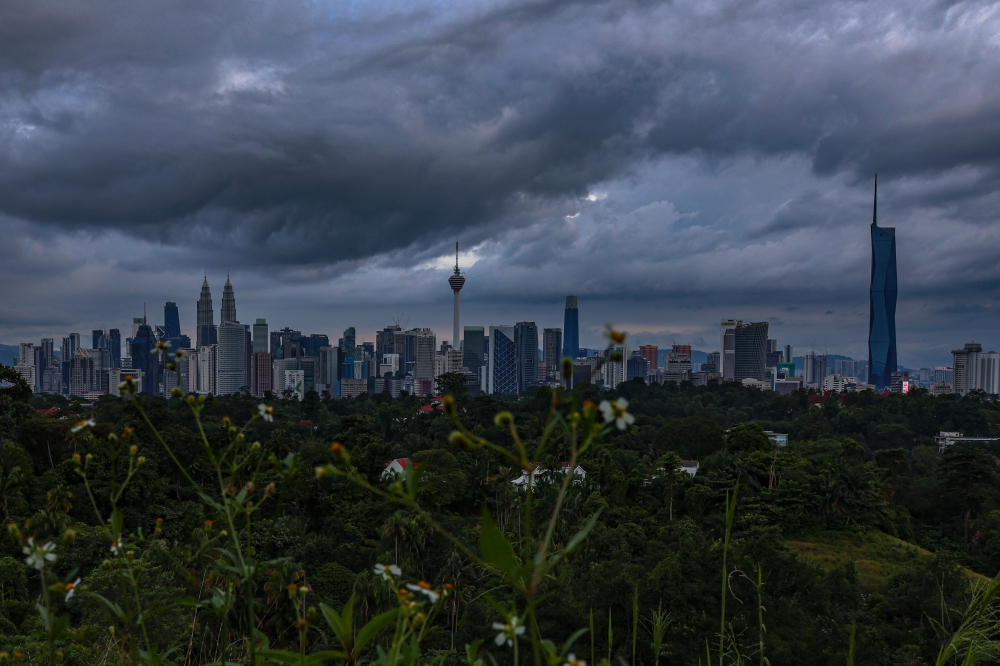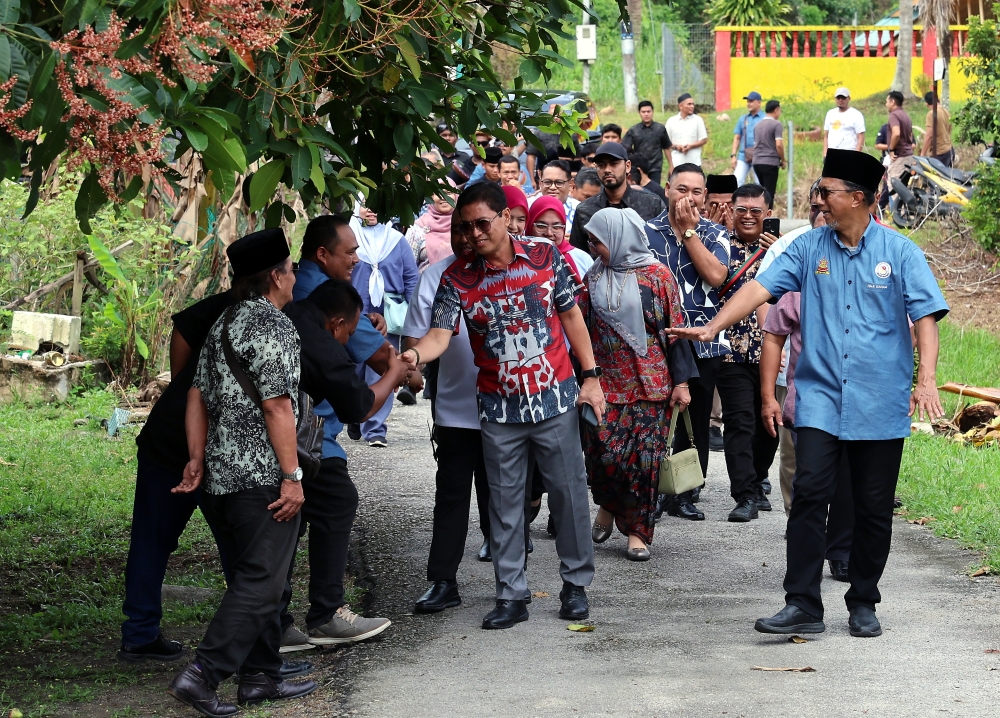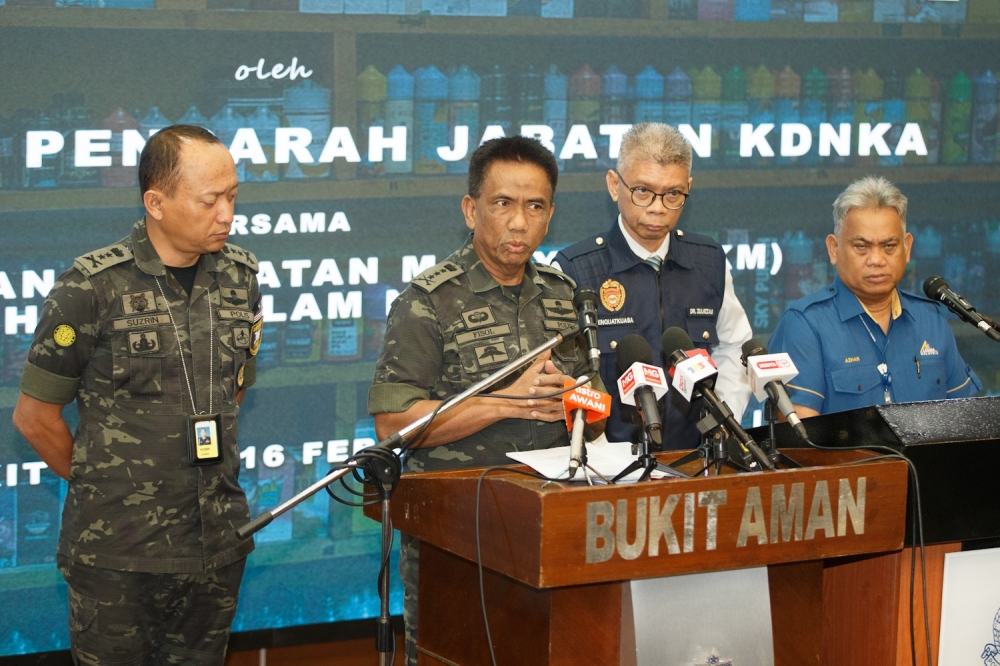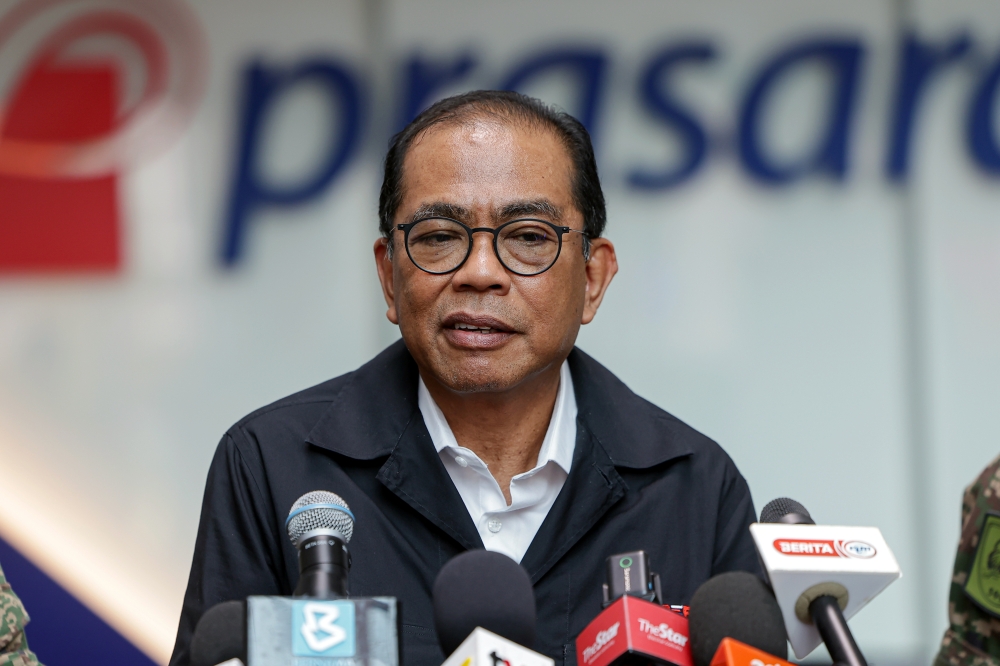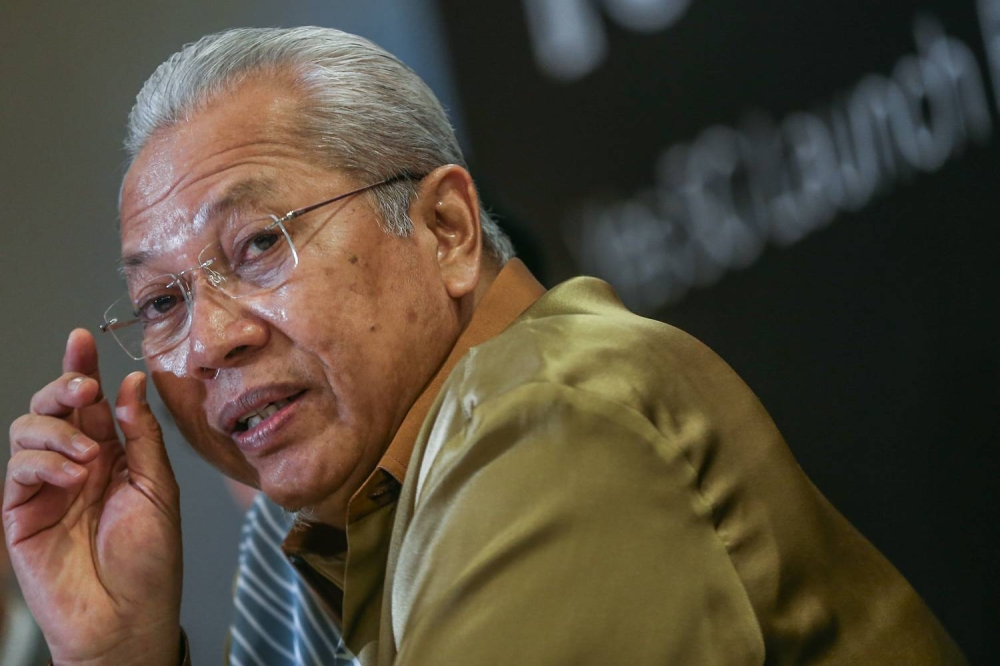KUALA LUMPUR, June 8 — The government has implemented multiple efforts that enable Malaysians to distinguish false information and fake news as well as verify any information they come across, said Communications and Multimedia Minister Tan Sri Annuar Musa.
“The existence of fake news in the medium of communication will restrict the community from communicating and reduce the community’s ability to engage in productive discourse.
“Sebenarnya.my was set up by the Malaysian government in 2017 as a fact-checking website run by the Malaysian Communications and Multimedia Commission. This initiative was created as a reliable government source for the public to verify the information they received via their screens,” he said in his official address at World Press Freedom Day Virtual Forum: Journalism Under Digital Siege here today.
The minister’s speech was read out by Communications and Multimedia Ministry (K-KOMM) deputy secretary-general (Strategic Communications and Creative Industry) Mastura Ahmad Mustafa.
With the development of the increasingly sophisticated digital era, he said Malaysia is no exception to being a victim of increased misinformation and disinformation.
“However, it is not a new phenomenon, only that now it comes in forms invisible to us all and they are more subtle, not to mention more dangerous,” he said.
For example, Annuar said the Covid-19 pandemic had created an environment where all of us had no choice but to go digital in a virtual world brought to a standstill in efforts to contain the virus.
He said there was much misinformation in form of fake news and distorted information during the height of the pandemic which was difficult to contain as the digital world is a borderless world.
He added that the domino effects of the Covid-19 pandemic had auspiciously baffled governments and stakeholders on managing public panic emerging from consumerism in the news, particularly through digital media.
Annuar said the digitalisation transformation has changed the way journalists work, the method of how information is disseminated, and the way events are reported.
It has forced all types of media to reinvent themselves in ways we never thought would have been possible just 20 years ago, Annuar said.
“We have to accept the fact that the digitalisation of the media industry is driven by changing consumer behaviour and expectations, especially among the young who demand everything to be at their fingertips here and now.
“Media practitioners will agree with me that digitalisation has challenged the journalism code of ethics continuously. Do we put it up there now before getting all sides of the story? Do we repeat what the others said without verification? If we don’t publish it now would we miss out our readers and viewers? Is it ethical to write a story based on WhatsApp text? “Was the picture sent photoshopped? Shall we still put it up? Would it be morally right? These are the questions continuously asked by ethical media practitioners,” he said.
Annuar added that K-KOMM understands the challenges media practitioners are facing and is completely hands-on in trying to ensure media upholds its ethics. — Bernama










